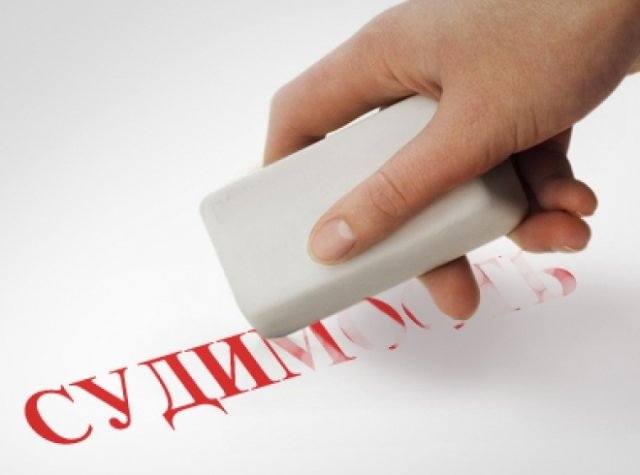I am Mariya Borevich, your personal lawyer. My primary goal is to help clients find optimal solutions to current legal issues, ensuring reliable protection of their interests. I specialize in family, civil, and military law, which allows me to effectively handle a variety of situations and cases. In family law, I provide support in resolving issues related to divorce, property division, establishing and challenging parental rights, alimony, and child custody. I understand that these matters are often emotionally complex, so I always strive to find the most delicate and fair solutions for all parties involved. In civil law, I assist in settling disputes related to contracts, property rights, compensation for damages, inheritance, and other issues concerning the protection of personal and property interests. Special attention is given to military law — supporting servicemen, protecting their rights and interests related to military service, social guarantees, and legal disputes. This area requires deep knowledge and understanding of the specifics of military service and the legislation regulating it.
A criminal record is a status that indicates that a person has been convicted of a crime in a court of law. When a person is found guilty of a crime, the court can issue a sentence and impose a penalty, such as a fine, imprisonment or other sanctions.
Ukraine has its own system of justice and process of criminal responsibility. A criminal record in Ukraine indicates that a person has been convicted in accordance with Ukrainian criminal law.
The main procedure is a trial, during which the question of guilt and sentencing is decided. If a person is found guilty of a crime, the court can impose penalties such as imprisonment, fines, restrictions on rights or other sanctions.
Ukrainian legislation provides for the possibility of deprivation of liberty, payment of a fine, restriction of rights, confiscation of property and other types of punishments for committing crimes.
It is also important to note that there is legislation in Ukraine regarding the recording and storage of criminal record information. This information may be available from local law enforcement agencies, courts, and other institutions that have appropriate access to the data.
In Ukraine, the criminal record is calculated based on the verdict of the court that found the person guilty of the crime. The main procedure is a trial, during which the question of guilt and sentencing is decided.
When a court finds a person guilty of a crime, the sentence is recorded in the court decision. This decision may contain information about the type and duration of the punishment that was imposed, as well as other sanctions that may be applied.After the verdict is passed and it enters into legal force, information about this verdict can be entered into the relevant databases maintained by law enforcement agencies, courts and other state institutions. This information will be the basis for recognizing a person as a criminal in Ukraine. Thus, a criminal record in Ukraine is established through a court process and registration of a court verdict in the relevant authorities.
The terms of repayment of a criminal record in Ukraine may depend on the nature of the crime and the type of punishment. Here is some general information about the terms of a criminal record:
1. General repayment terms:
In most cases, the terms of repayment of a criminal record are determined from the date of completion of the sentence or execution of other sanctions.
Usually, the terms of repayment of various types of punishments are established by law and can vary from several years to decades.
2. Crimes that are not subject to redemption:
Certain serious crimes, such as murder, terrorism, or treason, are not eligible for expungement of a criminal record.
3. The possibility of a criminal record for minors:
There are also special expungement rules for juvenile offenders that may differ from those for adults.
4. Procedures for removing a criminal record:
In some cases, a person can apply to the court for the removal or cancellation of a criminal record after a certain period of time and the absence of new crimes.
It is important to pay attention that the specific terms of repayment of a criminal record may be determined in accordance with the current legislation of Ukraine and may be different for different types of crimes and punishments.Ukrainian legislation provides for the possibility of deregistration from the military due to a criminal record. This procedure may be necessary, for example, if a person has been convicted and the punishment includes restrictions on his rights, including those related to military service.
To obtain accurate information about the terms of repayment of a criminal record in a specific case, it is recommended to contact a qualified lawyer or a human rights organization.





























